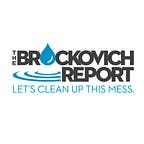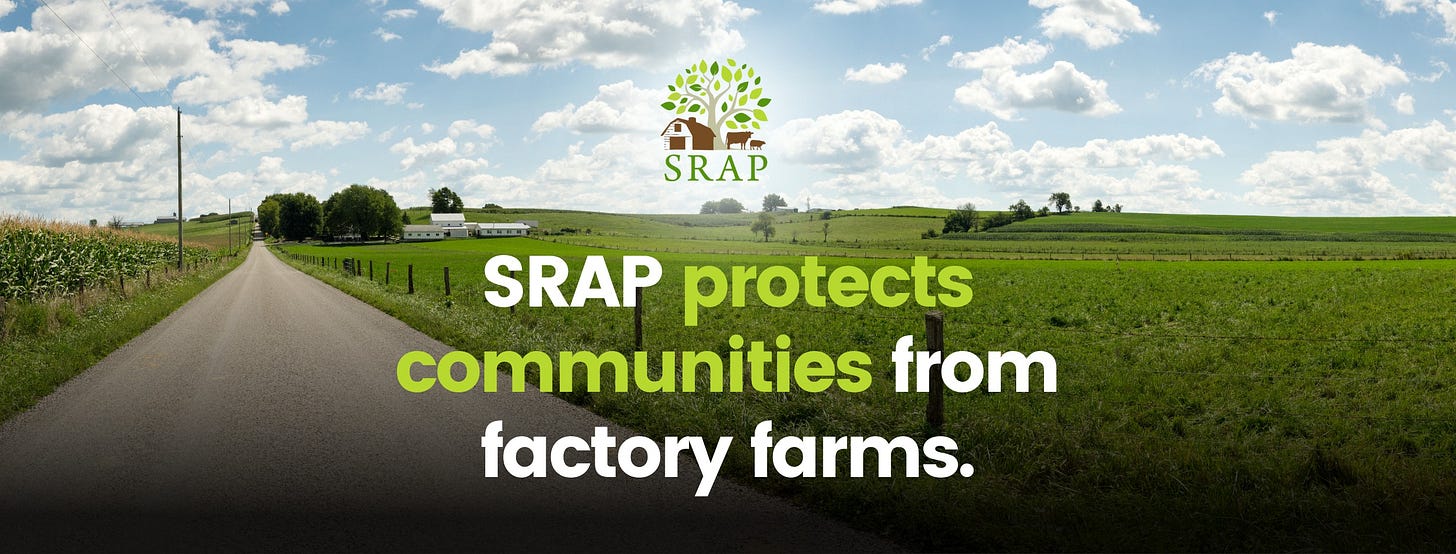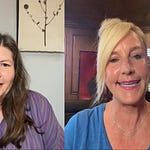“A CAFO facility with more than 2,500 dairy cows can produce more waste than a city of 400,000 people,” Cole said during this conversation.
Cole Dickerson is the Water Rangers Program Manager for SRAP, a nonprofit that works to protect communities from factory farms. SRAP stands for Socially Responsible Agriculture Project.
Cole’s passion for socially responsible agriculture grew out of his love for carrots and snack peppers. He studied environmental sciences at the University of Virginia and has a master’s degree from the University of Colorado-Boulder in sustainable food systems.
The Water Rangers program works with rural communities to protect their right to clean water and hold industrial livestock operations accountable for pollution. They provide free water testing training and offer instruction on documenting and reporting pollution violations to local, state, tribal nations, and federal regulators. They work to build strong networks of community scientists who monitor waterways, reversing a decades-long trend of industrial livestock pollution and keeping our environment healthy one stream at a time.
In this conversation, our executive editor Suzanne talks with Cole about the scope of concentrated animal feeding operations (CAFOs) or factory farms, how they pollute waterways, and how SRAP can help, including success stories of communities in Wisconsin, Missouri, and more.
Additional Resources
About SRAP
For more than 20 years, SRAP has served as a mobilizing force to help communities protect themselves from the damages caused by industrial livestock operations and to advocate for a food system built on regenerative practices, justice, democracy, and resilience. Learn more at sraproject.org.
This incredible GIS mapping tool shows large industrial livestock facility locations, impaired waterways, and more.
Need Help?
https://sraproject.org/help-hotline
Call 503 362-8303 (toll free: 844 367-7727) to ask for free assistance with facing an industrial livestock operation. We respond to all inquiries as quickly as possible.
Visit the Water Rangers Resources page to find water monitoring resources and more.
Contact
Please contact waterrangers@sraproject.org with any questions or to learn more.











